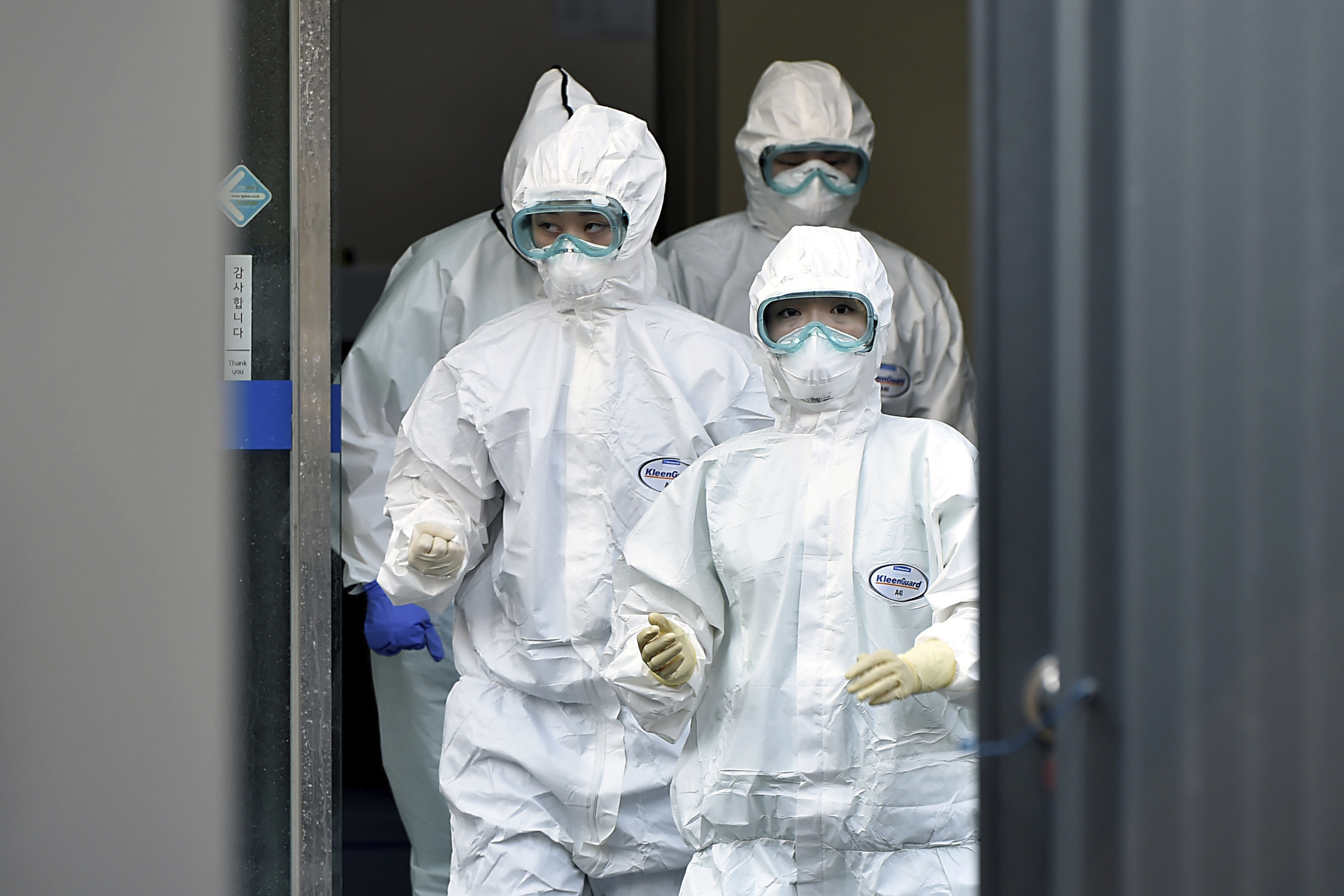In late January, South Korean health officials summoned representatives from more than 20 medical companies from their Lunar New Year celebrations to a conference room tucked inside Seoul's busy train station.
One of the country's top infectious disease officials delivered an urgent message: South Korea needed an effective test immediately to detect the novel coronavirus, then running rampant in China. He promised the companies swift regulatory approval.
Though there were only four known cases in South Korea at that point, "we were very nervous. We believed that it could develop into a pandemic," said one attendee, Lee Sang-won, an infectious diseases expert at the Korea Centers for Disease Control and Prevention.

















With your current subscription plan you can comment on stories. However, before writing your first comment, please create a display name in the Profile section of your subscriber account page.